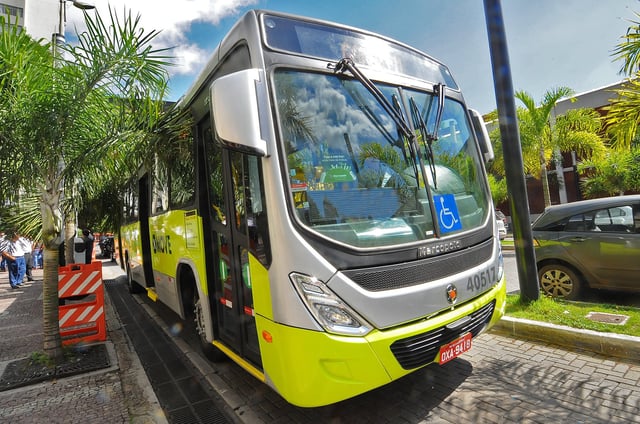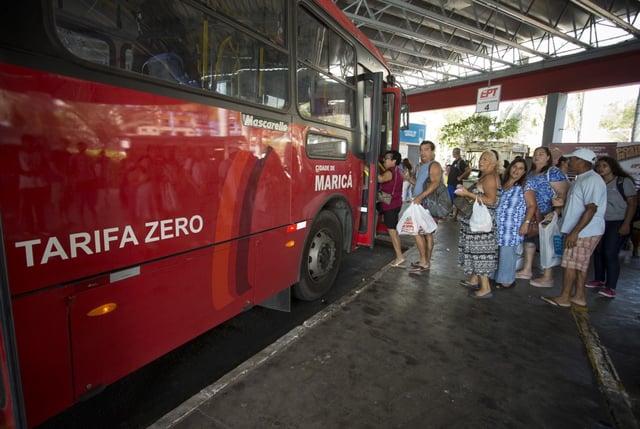Overview
- Councillors convened for the first-turn vote with packed galleries and scuffles as the measure stood as the sole item on the agenda, requiring 28 of 41 votes in two rounds before going to Mayor Álvaro Damião for sanction or veto.
- Funding hinges on a monthly R$168.82 charge per employee for firms with more than 10 workers, with microenterprises exempt, supplemented by ad revenue, fines to concessionaires, and the municipal transport fund.
- Backers estimate annual costs near R$2–2.5 billion, with implementation possible within four years to coincide with the next bus concession in 2028.
- A UFMG/Cedeplar analysis projects R$3.89 in benefits for each R$1 invested and says freeing household transport spending would boost local commerce and jobs.
- Business groups including Fiemg and the CDL oppose the plan, warning of GDP and job losses and arguing the employer charge is unconstitutional, while public support has surged through petitions, unions, and high-profile endorsements.


